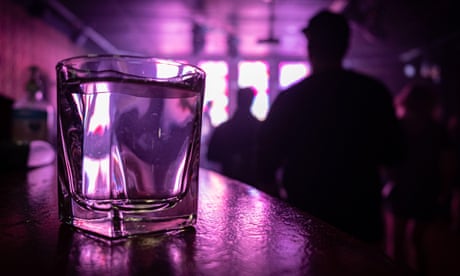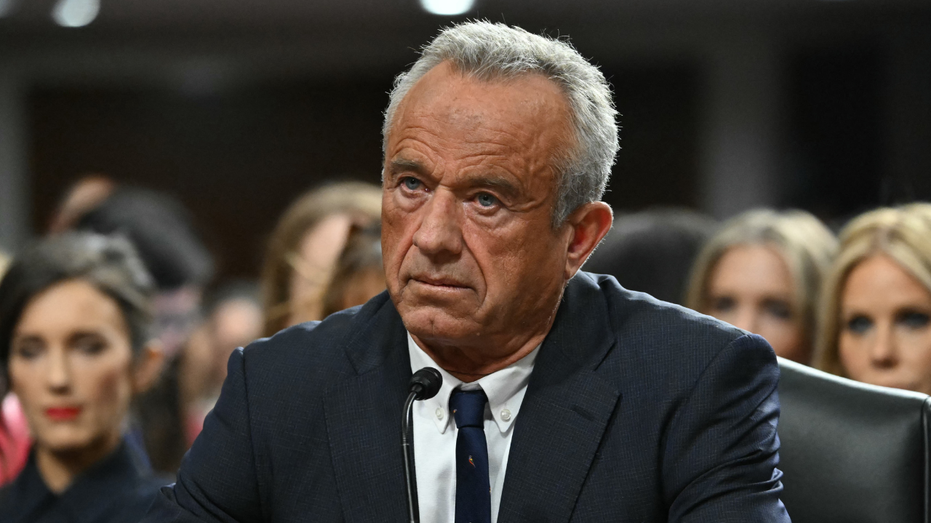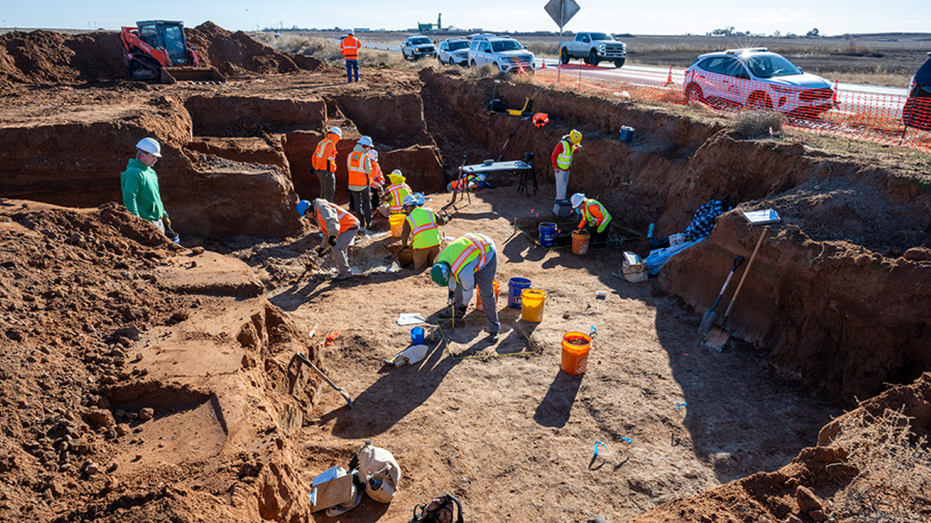- by foxnews
- 24 May 2025
Killing me softly: the law chipping away at Melbourne’s nightlife by stealth
Killing me softly: the law chipping away at Melbourne’s nightlife by stealth
- by theguardian
- 14 Aug 2022
- in news

It's not long past midnight at one of Melbourne CBD's most-loved clubs and the room pulses to the beats of the local DJs. A diverse crowd dances and weaves as the energy in the room builds to its tantalising climax - but suddenly, the house lights turn on, the DJ turns down the music and the event is over. In a matter of minutes the crowd is ushered out of the venue by apologetic staff.
It's 1am, a time when dance-music venues would usually be just warming up - but due to a regulatory freeze on late-night liquor licences, this club has to close early. All this in the middle of a city that prides itself on its world-class nightlife and status as the cultural capital of the country.
"When you restrict liquor licences to 1am, it of course has a stifling effect on all nightlife in the city," says Shane Homan, an associate professor at Monash University and the author of numerous reports on cultural and music policy in Australia. "[These spaces] have important social benefits and economic spin-offs. Too often their cultural value is overlooked."
While the state government claims it is "placing creativity at the heart of Victoria's recovery and prosperity" and boasts of the $3.5bn value of the city's night-time economy in pre-pandemic times, there is a growing frustration from the dance music industry over a liquor licence freeze they say has been gradually eroding Melbourne's celebrated nightlife for the past 14 years.
While Sydney's ill-fated lockout laws had a much higher profile, Victorian government policies have been chipping away at the late-night sector by stealth. When an attempt to introduce a 2am lockout of Melbourne venues in 2008 was overturned by a wave of popular resistance, the Brumby government of the day instead introduced a late-night liquor licence freeze in the councils of Melbourne, Port Phillip, Stonnington, and Yarra.
Initially conceived as a temporary measure to curb alcohol-related violence, the freeze has been extended every few years by both Labor and Liberal governments. It stipulates that no new liquor licences can be issued for venues after 1am, barring an exemption.
"If you're running a nightclub, having a license until 1am is not really going to work," says Daragh Kan, the former owner of the Mercat, an iconic CBD nightclub which closed in 2017.
Kan says venues in prime inner-city locations are attractive targets for development. Once a venue is developed, their late-night licence is lost forever. "So if you want to start a new club, you're reliant on finding another venue with a pre-existing licence," he says.
According to data from the regulator, since 2014, the number of active late-night liquor licences in metropolitan Melbourne has decreased by nearly 10%, despite the population growing 13% in that time.
"Cities also experience a reputational hit," Homan adds, citing how Sydney's lockout laws eroded its credibility as a cultural centre as well as costing it an estimated $16bn in trade. Sydney's lockout laws were introduced in 2014 and fully revoked in early 2021.
But critics say while there have been legitimate safety concerns, the freeze is not well targeted.
"The CBD violence in the main stemmed from the late-night adult/strip clubs, which were overrepresented in police stats," says Homan, "and not from the wider bar and club sector."
Prof Kane Race, who studied the effects of Sydney's lockout laws, says the data used to justify government interventions often do not capture the qualitative nature of the violence and who is committing it. He says regulatory responses can end up affecting those most at risk of late-night violence: people who found safety and community in subcultural spaces.
Since 2015, Victoria has allowed exemptions for live music venues that can satisfy the regulator that the economic and social benefit of granting a licence will outweigh the impact on community amenity and alcohol misuse. But Kan says that's a very difficult hurdle for independent venue owners to overcome, especially when coupled with the costs that may be required.
There are hopes that with the state government and Melbourne City Council signalling an arts-led recovery from the effects of the pandemic, there may be opportunity for regulatory change. A spokesperson for the Victorian government told the Guardian there were plans to review the effectiveness of the freeze by June next year.
Many residents of increasingly crowded inner-city precincts support the freeze. Artur Hajda, the vice-president of Residents 3000, says late-night clubs affect amenity and perceptions of safety for those who live in their area.
"The problem is with the noise and behaviour of the people leaving venues as much as the music inside. People don't feel safe and secure in the city," says Hadja.
He says he understands the perspective of venue owners, and blames the current tension on a lack of government planning over the past several decades.
"There used to be no problem with venues because there weren't many residents around. But now there'll be 10 residential buildings higher than 30 storeys right next to a club."
Since the Kennett government's push to get people living in the city in the early 1990s, the city's population has risen from 31,000 in 1992 to 170,000 in 2021.
Race says what draws many new residents to the city are the very cultural activities they now wish to displace. He says greater Melburnians also have a "right to the city" that should be taken into account, alongside the concerns of CBD residents.
The alternative is "depriving people of a space and context that they've traditionally relied upon to form community, meet people and work out who they are."
- by foxnews
- descember 09, 2016
Texas road construction unearths 'colossal' prehistoric remains of 'big ol' animals'
Archaeologists in Texas recently discovered prehistoric megafauna bones, including a giant ground sloth, during a highway project in Lubbock, according to officials.
read more


